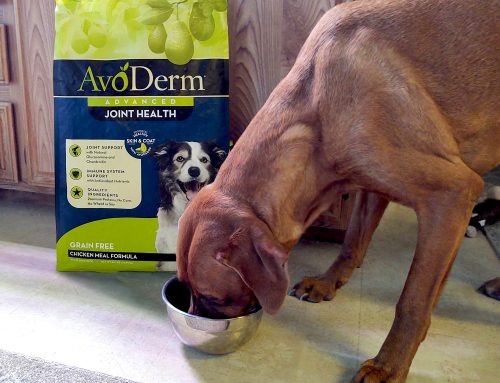Humans and animals alike need protein to sustain a healthy way of life. But do we actually know the benefits protein has on our pets? Our pets have very similar digestive systems to ours, but they’re not as adaptive. Certain foods won’t be broken down for our pets in the same way that our bodies break them down. This blog post will help pet owners better understand how their pets deal with different types of proteins and which proteins are more beneficial.
Benefits of Proteins for Your Pet
Protein can be arguably the most important part of any pet’s diet. That’s because proteins are full of the 10 crucial amino acids our pet’s need to stay healthy. These amino acids are so important to your pet’s health because all 10 work together like a chain to make sure your pet absorbs their required nutrients. That means if one amino acid is lacking, the rest will halt the process of producing protein. An ample supply of amino acids work ensures that your pet’s immune response, ligament health, as well as their skin, nails, and hair all remain healthy and active.1 Your pet can’t naturally produce amino acids themselves, so diet is the most important way to make sure your dog or cat is getting all the nutrients they need.
The important thing to know about your pets and their protein intake is that most animals need a meat-based protein diet. Before meeting you, your dog or cat was a hunter and needed to survive on their own rather than wait for you to fill their bowl with their favorite pet food. A meat-based protein diet is a terrific way to ensure your dog or cat is getting all their amino acids and nutrients. Our Triple Protein Meal Formula for dogs is a great place to start, which has three different types of meat-based proteins to make sure your pup is getting all of their amino acids from several different meat-based proteins.
Animal Vs Fish Protein
The most common and available protein for your pet is usually animal meat, more specifically chicken and turkey. However, chicken is one of the more common sensitivities that dogs and cats can develop due to its prevalence in almost all pet foods. To reduce these chances it’s important to provide a rotational diet for your pet to provide them with a variety of ingredients and proteins. Our Chicken & Herring Meal Formula for Kittens contains both meat and fish protein, reduce the risk of developing food sensitivities.
If your cat has developed a food sensitivity to chicken, fish is an amazing protein alternative. Fish are healthy sources of protein for both cats and dogs, as well as omega fatty acids. These nutrients not only support your pet’s digestive system but also keep the skin moisturized. Our Grain Free Tuna & Crab Entrée is a perfect start if you wish to add more fish-based proteins to your cat’s diet.
Benefits of Plant Proteins
Common plant-based proteins commonly found in most pet food are potatoes, peas, and grains such as rice, quinoa, barley, flaxseed, and oatmeal. These are all amazing sources of protein and at least one (if not more) of these plant-based proteins should be included in your pet’s diet. If your dog has developed a food sensitivity, check out our Vegetarian Formula to ensure your dog gets all their necessary proteins and nutrients without any triggering ingredients.
There are several ways your pet can get their daily dose of protein today, no matter their preference or sensitivity. It’s important as a pet owner to understand all of the benefits as well as options when it comes to your pet’s diet, so they can continue to live a happy, healthy, and long life with you.
SOURCES:
AvoDerm Natural is a registered trademark of Central Garden & Pet Company.





